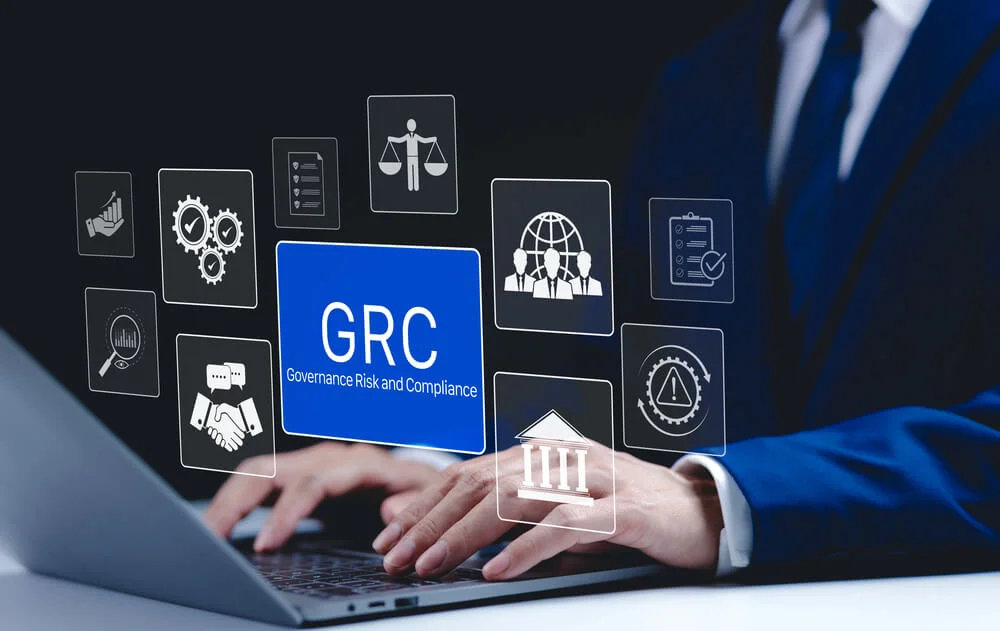The General Data Protection Regulation applies to any organization that processes the personal data of users who reside in the European Union or the United Kingdom. You have many options for GDPR compliance software. However, an all-in-one security platform can be the best choice to meet and maintain the requirements for multiple privacy and security frameworks.
Find out why your organization should consider using Compyl for GDPR compliance.
Why Your Organization Needs GDPR Compliance Software

Compliance with the GDPR can pose a challenge to any organization that does not already have a mature data security program in place. Stakeholders must ensure that any workflows involving the collection or processing of personal data from the EU and UK adhere to the requirements set forth in this regulation. Your organization can benefit from implementing software that promotes visibility across systems and makes it easier to automate routine processes.
Organizations that process personal data covered by the GDPR on a large scale might need to appoint a Data Protection Officer. For many enterprises, implementing and using GDPR compliance software should be sufficient to meet regulatory requirements. Compliance software can help stakeholders account for the use of personal data, including names, email addresses and IP addresses, in workflows and keep this data secure.
How Compyl Can Support the 7 Key Principles of the GDPR

The GDPR does not specify technical methods or organizational measures for compliance. There are seven key principles that form the basis for this regulation. Learn more about how a centralized information security platform can support each of these principles.
1. Lawfulness, Fairness and Transparency
The first key principle of the GDPR states that organizations should only use personal data in ways that are lawful, fair and transparent. Compliance software can be useful for keeping track of user consent, limiting the scope of data usage and increasing the visibility of processing methods.
2. Purpose Limitation
The second principle indicates that a compliant organization should limit the processing and use of personal data to the intended and stated purpose. Centralized GDPR compliance software can be useful for monitoring data flows. Compyl also supports over 50 native integrations to promote adherence to this principle in the applications your organization uses to process data.
3. Data Minimization
The third key principle indicates that compliant organizations should use the least amount of personal data possible. Stakeholders can use data mapping and monitoring functionality to ensure that an organization gathers, processes and stores less data.
4. Accuracy
The fourth principle recommends that organizations take measures to ensure that any important personal data is correct and current. Integrating compliance software with secure solutions for cleansing and deduplicating records can improve data quality.
5. Storage Limitations
The fifth key principle restricts the storage of personal data that is no longer in use for the intended purpose. Your organization can use GDPR compliance software to identify and securely destroy any sensitive data that is no longer needed. You can also automate these processes.
6. Integrity and Confidentiality
The sixth principle limits access to personal data. Integrity refers to the specificity of data and protections to prevent manipulation. Confidentiality restricts authorized personnel from accessing or sharing protected data in violation of this regulation.
7. Accountability
The seventh key principle identifies the parties responsible for GDPR compliance, including data controllers and processors. This regulation holds controllers, or organizations that request and obtain personal data, accountable for compliance. The GDPR also specifies how controllers should maintain privacy standards when working with processors, or third parties that process data on behalf of controllers.
The best compliance software has features that correspond to all of these principles. Compyl is an information security solution that you can use to ensure that your organization obtains, processes and destroys personal data in accordance with this regulation and any other privacy frameworks.
The Role of Automation in GDPR Compliance Software

One way in which Compyl can facilitate compliance is through automating workflows. Automation helps internal stakeholders to manage the burden of complying with regulations on an ongoing basis. This is through:
- Mapping data flows
- Conducting assessments
- Processing requests
The automation capabilities of Compyl can support any data privacy and security controls. Automating workflows can make it easier for stakeholders to monitor flows of personal data during operations. This also helps generate logs for conducting audits. Automation is particularly useful for handling repetitive processes, such as impact assessments and data subject requests for right of access or right to erasure under the GDPR.
The Benefits of Using an All-In-One Information Security Platform
Using Compyl as GDPR compliance software can have far-reaching benefits for your organization. A comprehensive compliance platform can be a better choice than data security platforms that only support this regulation. Here’s how:
- Centralized access: Compyl uses a unique query language to cross-reference data from various sources and promote awareness of privacy and security practices.
- Multiple frameworks: Your organization can align the measures necessary for compliance with the GDPR and controls for other data security or privacy regulations and standards.
- Streamlined compliance: A platform that provides centralized reporting and monitoring functions with support for automation can help an organization rapidly mature an information security and compliance program.
- Reduced risk: Implementing a continuous compliance platform reduces the risk of regulatory non-compliance that can lead to investigations, fines, legal proceedings and reputational damage.
These are the main benefits of implementing continuous compliance software. The return on investment in a compliance solution varies. It depends on whether an organization takes advantage of all of the available time- and labor-saving features . This uses the platform in ways that make it possible to avoid fees and legal costs for non-compliance.
Why To Use Compyl as GDPR Compliance Software
Compyl can be a practical choice of GDPR compliance software. The automation and monitoring capabilities of this platform can also be useful for meeting the requirements of multiple privacy and security frameworks. Request a demo to determine whether Compyl is the right information security and data privacy solution for your organization.




